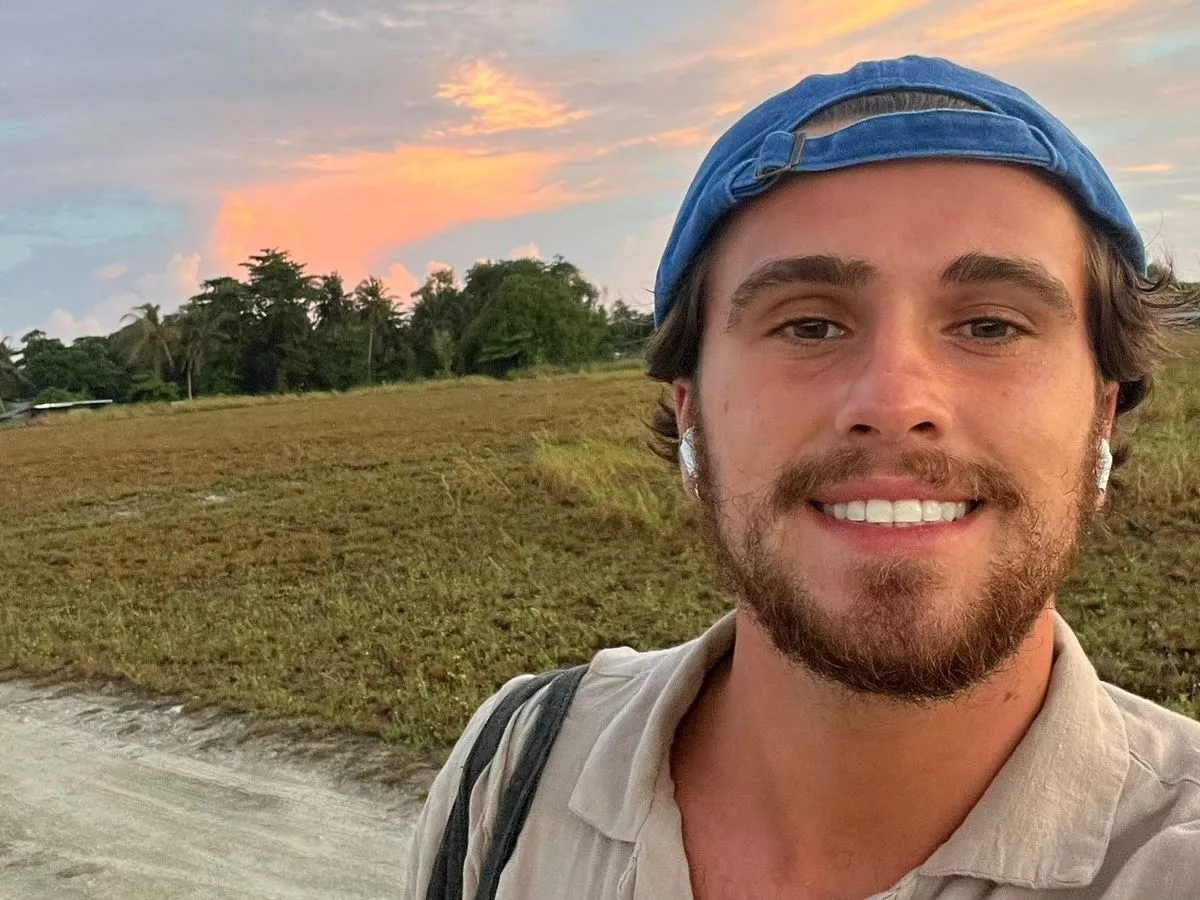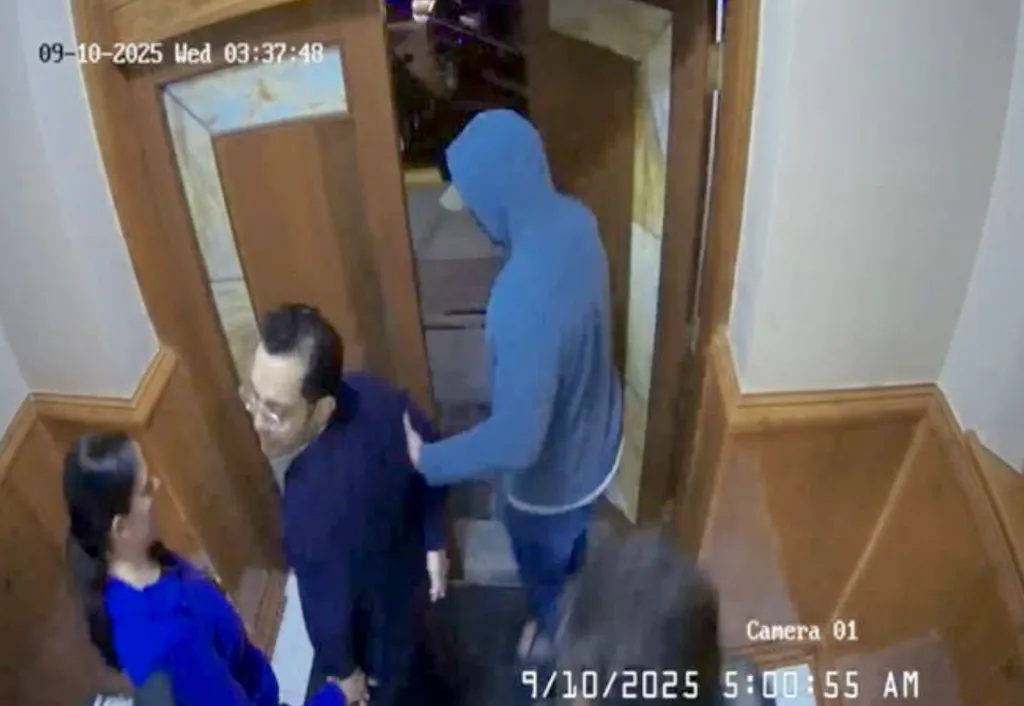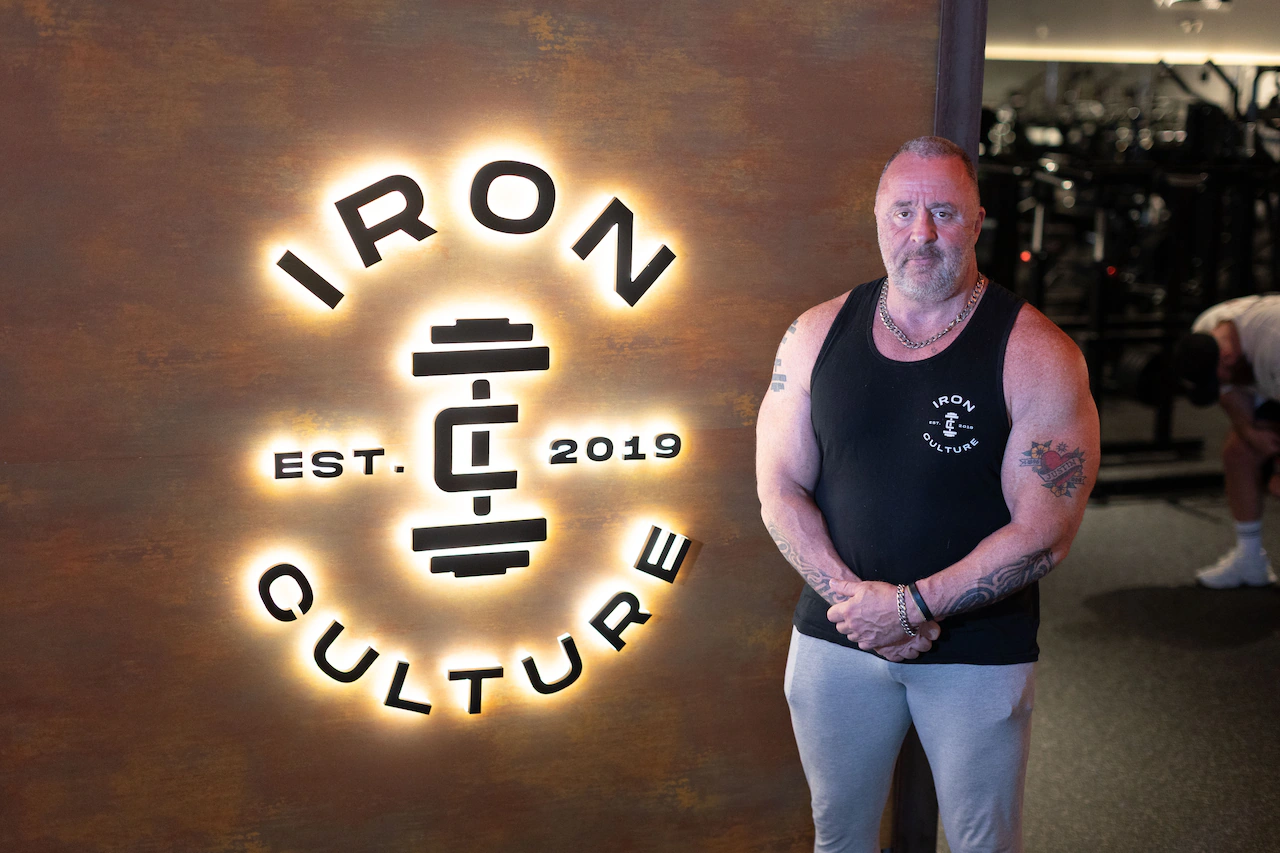He was having ‘terrible thoughts’ so he bought a pair of trainers and did something amazing
By Lucy John
Copyright walesonline

Six months ago Ben Wiley looked to many as though he was living the dream, travelling the world to the likes of Malaysia, Thailand, Sri Lanka and more. In reality, his mental health was crumbling and he hit rock bottom in March during a stint in New Zealand. That was until he bought a pair of trainers on a whim, went for a run and ended up completing a marathon. Later that month he completed his first ever ultra marathon. Since then, the 24-year-old from Llanrumney, Cardiff , has covered 3,000 kilometres including back to back ultras. He is now using his new-found passion to encourage others, especially men, to open up about their mental health and try something new. On Friday, September 26, he embarked on a 24-hour run around the 1.2km boundary of Eastern Leisure Centre in a challenge that tested his limits both mentally and physically. Keeping a pace of around 6:50 minutes per kilometer (km), Ben covered an unbelievable 206.43km. The aim of the 6pm to 6pm run was to raise money for a local charity close to his heart, the Jacob Abraham foundation, and to show that it is possible to overcome what might seem impossible. Speaking on Friday morning ahead of the run he said: “People say this challenge is going to break me, but I’ve been through worse and if I remember that, this will be a walk in the park. “I’m in a lot better place now and I may feel low again, but things like this will prove to me that I can get through it again. “There’s a massive stigma on males especially about not talking about mental health and that needs to be broken. There is no room for that.” Opening up about his own mental health, Ben said: “I was at a place at 18 where I felt suicidal and had awful thoughts. I was in a really bad place and if it wasn’t for my sisters and family noticing the change in me, I might not still be here. “At the time I turned to therapy. I felt that I went into that as a boy and came out as a man – things made so much more sense to me. “I had been on and off therapy for years and then going travelling I really did think my mental health issues would never come back. “When it did come back, it happened when I least expected it to and that was probably what put me at my lowest. I think running helped to give me purpose.” Ben said that when he started travelling he felt mentally “invincible” until the lifestyle of drinking and night out culture caught up with him. An additional tricky period in his personal life tipped the balance and saw him back in a dark place. He said: “I was at a really low point. I was having terrible thoughts and I just felt awful. I thought: ‘I need to do something to get out of this loop of drinking’. Travelling is amazing but nobody truly tells you what it’s like. “It looks like you’re living the high life and you have people telling you that you’re living the dream, but it’s very easy to get caught up in the loop of going out all the time and drinking. That definitely does take a toll on your mental health.” Having overcome these feelings already once before in his life, Ben said he knew he could do it again, but he needed something to focus on. “One morning I woke up in a hostel having been out the night before,” he said. “I went out, picked up a pair of trainers in the centre and ran a marathon. “I ran until my body broke down. It broke down at around 38km but I thought: ‘I’m so close to a marathon,’ that I managed to get a marathon in. “From there I ran an ultra-marathon. My goals were getting bigger; I wanted to turn pain into purpose. “I did ultra marathons and back to back [each day for three days] while I was working in New Zealand. I would finish work and just run.” Ben said running really helped him to zone out and put his negative thoughts into perspective, showing that he could keep going no matter how challenging life felt. “I remember sitting in New Zealand and I was just not feeling great at all and I thought: ‘Put one foot in front of the other, that’s all I need to get through this.’ “That is exactly what it was like while I was running. I could always see my next step and I could take that. “When I felt down and out while running I took that next step and I was running again and before I knew it I had covered an hour, two hours, more. “The only thing that got me through the first part of running was the mental side of it. I would be in agony, I would have swollen feet and legs, but I have set myself a goal next year and I can’t achieve that without getting through this.” When he came back to Wales this summer Ben said he was determined to keep up his hobby. “I came home in July and my dad dropped me to Brecon at around 4am, and I ran home,” he said. “I got there at 6pm – that was 100k. I wanted to do the next thing and so I booked this 24 hour run.” Ben said that, although this is a local challenge and on easy terrain, it will be his most challenging run yet. He explained: “The hardest part of the 24 hour run is that it’s around Eastern – just a 1.2k loop – over and over and over again. “It’s going to be mentally hard, but that’s the whole point, so I can show that you can get through the stuff that is hard. There are undoubtedly going to be times where my body is telling me: ‘This is stupid, this is crazy,’ but that’s the whole point.’” He said running for the Jacob Abraham Foundation would make it all worth it. The charity specialises in preventing suicide and promoting positive mental health in south Wales. It was set up by Nicola Abraham to support young people and those bereaved by suicide after her 24-year-old son Jacob sadly took his own life in 2015. Ben said: “I was speaking to my sister about which charity to go with and she knows Nicola who runs it. When I was still deciding I was on my 100km and at about 90km in Newport Road and I saw Jacob’s father who gave me a nod and said: ‘Go on boys’. When I came back I thought: ‘That charity is perfect.’ So far Ben has raised more than £3,000. You can support him here. Ben said when he first started running he didn’t prepare at all. He had been regularly drinking and smoking and in his own words, was “unfit”. He now has a coach, Paul Zlabickas, who helps him train and fuel correctly. Ben said he didn’t recommend others starting as he did, but said that running could be made more accessible by starting slowly. He added: “My biggest bit of advice would be to start slow, you don’t have to run fast to be a good runner. It’s not about that. I started off super slow. It sounds basic but getting enough sleep is huge, and stretching. “It’s important to not get too ahead of yourself. I’ve been careful to not develop an attitude of: ‘I’m unbreakable’ because there are times during an ultra where there’s a massive hill for 9km – the ideal scenario is to walk parts of it, not run the whole thing. “Fuelling is also massive for long distance running, making sure you have the right gels and the right amount of carbs. “That’s not something I was doing for ages, there were times where I was running without taking anything, but that isn’t what I would advise at all. “Having the right amount of carbs per hour helps it be more enjoyable and run more smoothly. You’re setting yourself up for failure with ultra running if not. You need carbs to fuel.” But for anyone who isn’t able to run for their mental health, or just doesn’t fancy it, Ben said the conversation about mental health needed to improve to help those struggling feel less alone. He encouraged people to start conversations about mental health with loved ones, to help anyone struggling feel safe enough to open up. He said: “I work in construction and I’ve had conversations this week with men who believe mental health issues aren’t real. “There was probably a time and a place previously where that would have broken me and made me feel weak, but now I just think they don’t understand, but I’m doing this to raise awareness. “It’s ok to not be okay. When you feel down and think there are people worse than me and it can make you feel guilty, and guilt is one of the worst feelings to have. It’s about reassuring people that it’s okay to cry and let it out. “A lot of the time with social media people feel that everyone else has got the perfect life and I felt like people were looking at my life a bit like that, so that’s why I came out and spoke about it. “I have had amazing life experiences but I still felt low along the way – that is what real life is. “Talking to people about it makes you feel so much better, it’s about having that conversation with a mate, with a family member, it can go such a long way.” For confidential support the Samaritans can be contacted for free around the clock 365 days a year on 116 123.



